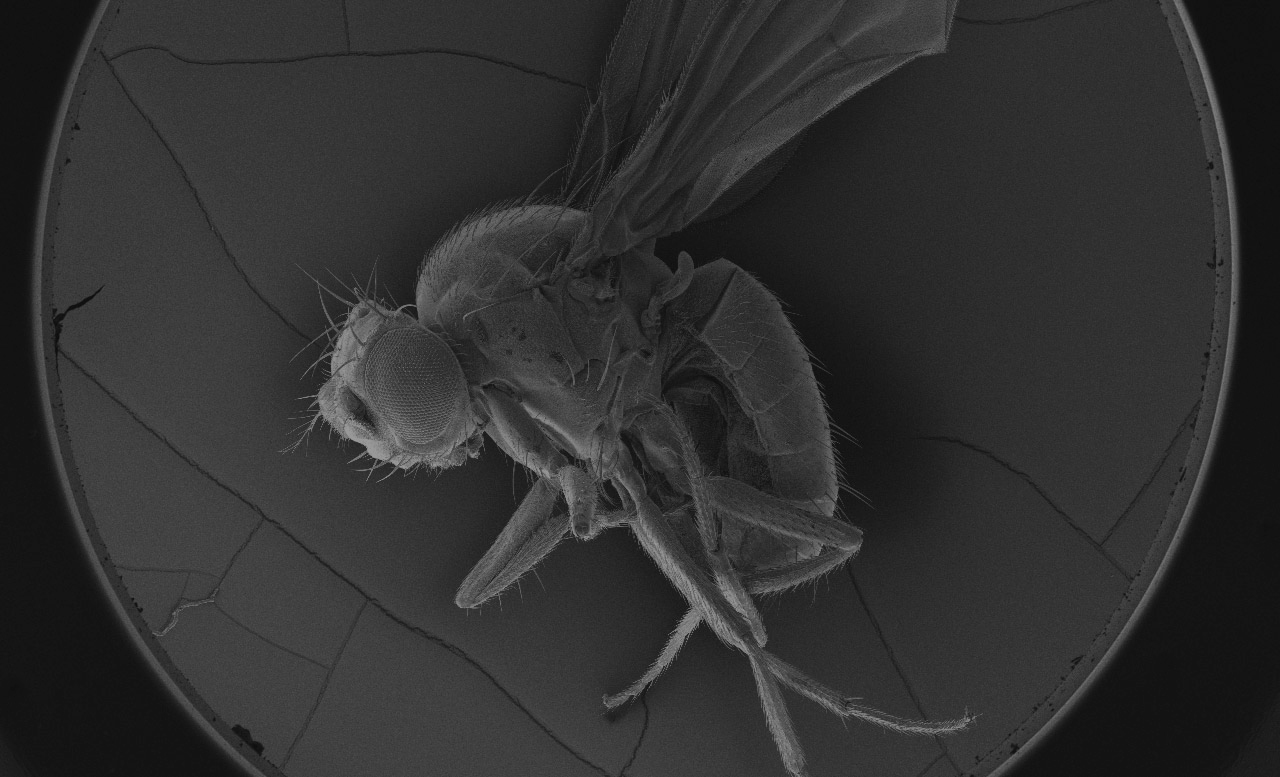Insects have an immune system that allows them to live undisturbed when they are infected with a virus that is deadly to human beings. Why is this and how does this immune system work? Could we manipulate this immune system and therefore prevent humans from getting infected by insect bites? We aim to answer these questions, by using the fruit fly Drosophila melanogaster as a model insect to explore our research.
Why is the mosquito problem getting worse?
Urbanization has created a breeding ground for mosquitoes. Mosquitoes are being dispersed geographically due to increased travel, and to human-created ecological niches such as discarded rubber tires. We need to control mosquitoes in order to reduce the transmission of disease from mosquitoes to humans.
Why not just eliminate insects altogether?
Insects are the most extensive and diverse group of animals on earth and they represent more than half of all known living organisms. Insects are an essential part of the earth ecosystem, with many roles such as soil turning and aeration, dung burial, pest control, pollination and wildlife nutrition. We need them.
Our hypothesis is that one might be able to control the transmission by understanding the relationship between the virus and the insect immune system. Why is it that an insect does not get sick when it is infected by a virus that kills humans? Can we remodel this insect immunity to protect humans from devastating insect-borne viral diseases?



